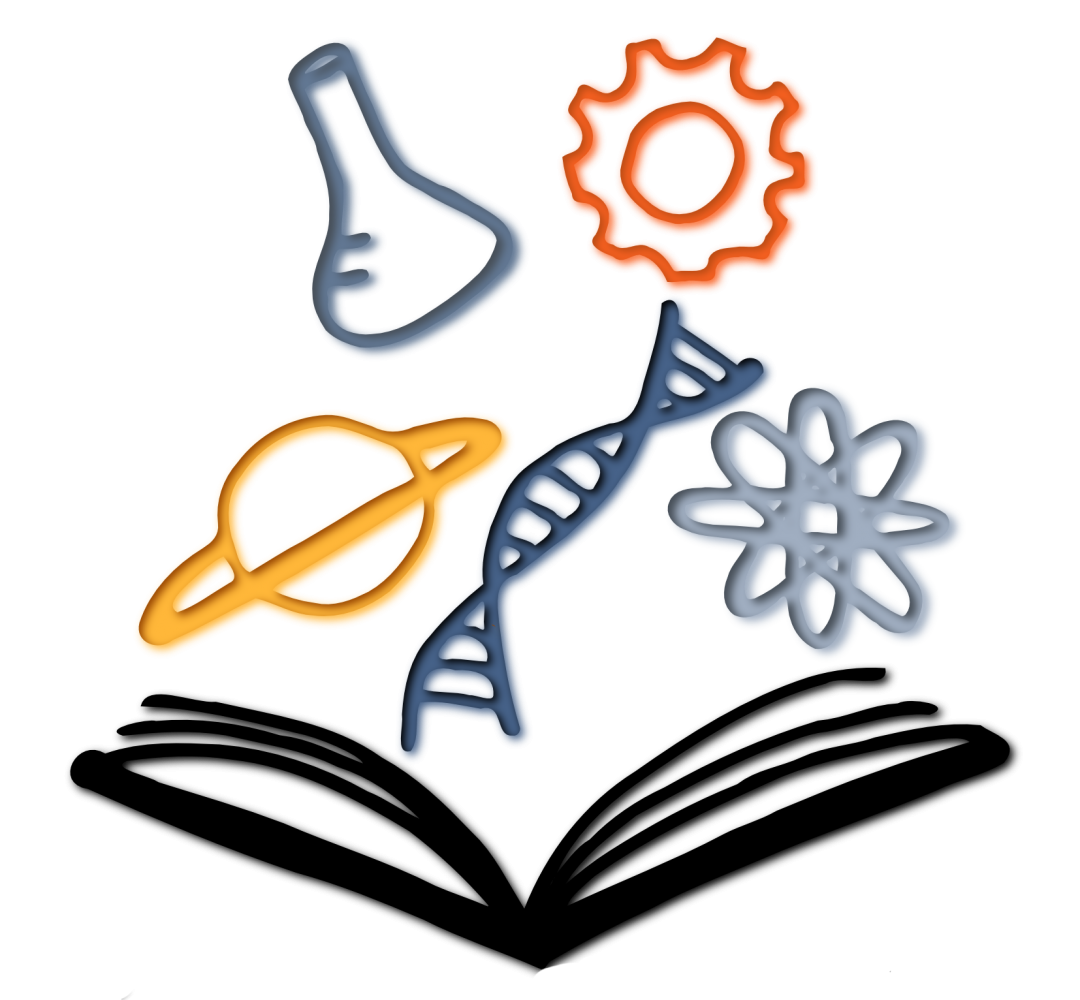

Reminds me of the incident in February where a waymo tried to get through a bunch of street revelers, and their response was to set it on fire. From the old pcmag story :
San Francisco Fire Chief Jeanine Nicholson noted that it had tallied 55 incidents where self-driving vehicles had interfered with rescue operations in the city.
Edit: unrelated to above quote, pc mag also says:
In some cases, residents have put orange cones on the hoods of cars, which makes them temporarily immobile.
(see also the autopian story it references)




























Sorry, I was trying to add my support. You gave good evidence for a meat preference and I wanted to back it up with evidence of genetic aversion to the specific vegetable mentioned in the original article.